
Plenary Speakers
Opening Plenary Lecture
Cancer-resistant mice
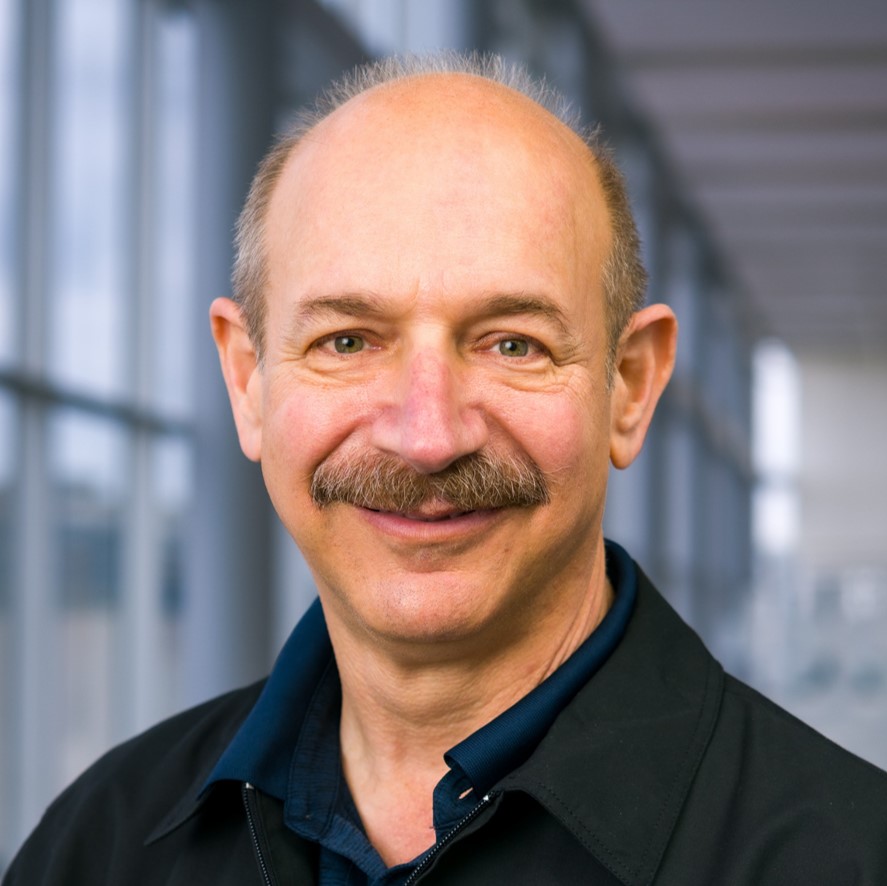
Bruce Beutler
UT Southwestern Medical Center, Dallas, TX, USA
Bruce Beutler is a Regental Professor, and directs the Center for the Genetics of Host Defense, UT Southwestern Medical Center, Dallas. Early in his career he isolated mouse tumor necrosis factor (TNF) and discovered its inflammatory properties. He also invented recombinant TNF inhibitor proteins that found widespread use in the treatment of inflammatory diseases. Then, using classical genetics, and taking the TNF response as a biological endpoint, he identified the mammalian lipopolysaccharide (LPS) receptor as Toll-like receptor 4, opening a new chapter in the field of innate immunity. These ground-breaking studies of innate immune sensing and response earned Beutler the 2011 Nobel Prize in Physiology or Medicine (shared with J. Hoffmann and R. Steinman). Subsequently, Beutler developed a new technology known as automated meiotic mapping (AMM), which utilizes germline mutagenesis, phenotypic screening, high-speed statistical computation, and machine learning to make positional cloning of induced mutations causing any phenotype an instantaneous process (whereas formerly it required years of work). Using AMM, Beutler has discovered numerous mutations that mitigate diseases, most notably arresting the growth of cancers (both leukemias and solid tumors). These mutations point to new targets for drug development.
The FEBS Journal Lecture
Clathrin-mediated membrane traffic and mechanisms of tissue specialization

Frances Brodsky
University College London, UK
Frances Brodsky is Professor of Cell Biology at University College London, having served as Director of the UCL Division of Biosciences from 2014 to 2020. Previously, she was Professor at the University of California San Francisco, USA, where she was a faculty member from 1987. Brodsky was a Damon Runyon postdoctoral fellow at Stanford University, USA, received her DPhil from the University of Oxford, UK as a Marshall Scholar, and was an undergraduate at Harvard University, USA. After doctoral training in immunogenetics, she began her research in intracellular membrane traffic, studying the biochemistry and cell biology of clathrin. Her subsequent work has defined clathrin's role in physiologically important pathways including immune cell function, metabolism and neuronal function. This research has been funded by the US National Institutes of Health, the Wellcome Trust and the UKRI-MRC and BBSRC. Brodsky has chaired numerous funding advisory boards in the US and EU and was a founding co-Editor of the journal Traffic. She is currently a member of The FEBS Journal editorial board. Frances is a Fellow of the Academy of Medical Sciences and served the Academy as Interim Vice-President International (2021). She is also a member of EMBO. Frances serves on the Marshall Aid Commemoration Commission for the UK government and on the jury for the UK Blavatnik Awards in Life Sciences. She is recipient of a Senior Career Recognition Award from the American Society for Cell Biology and has trained 15 PhD students and more than 40 postdoctoral fellows.
FEBS 60th Anniversary Lecture
Protein misfolding and aggregation: role in aging, neurodegeneration, non-neuropathic diseases and cancer
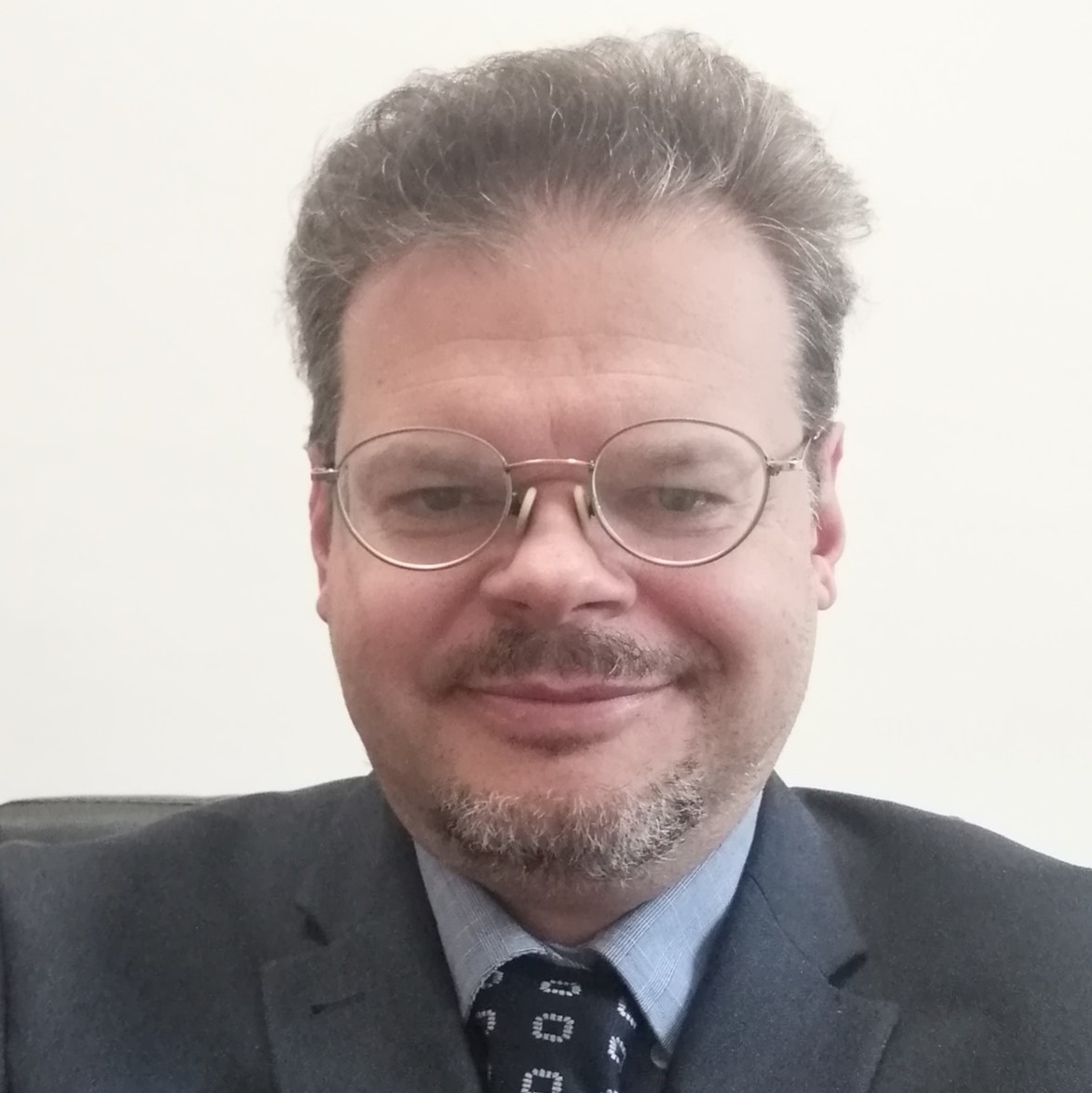
Fabrizio Chiti
University of Florence, Italy
After graduating in Biological Sciences from the University of Florence, Italy, Fabrizio Chiti attained his PhD (DPhil) in Chemistry in 1999 from the University of Oxford, UK, under the supervision of Prof. C.M. Dobson, with research on protein folding. His postdoc work, carried out in the field of protein aggregation and amyloid formation, was carried out at the University of Florence for 2 years and at the University of Cambridge, UK, for 1 year. He is now Full Professor of Biochemistry at the University of Florence. His scientific research has used a multidisciplinary approach to the elucidation of protein misfolding processes and their effects on cell viability, the effect of mutations on protein aggregation and associated diseases, up to the identification of computation tools to predict the impact of mutations on protein aggregation and the sequence hot spots in amyloid formation. More recently, he has focused on the identification of the molecular determinants of the toxicity of protein aggregates and the mechanism of toxicity induced by protein aggregates in neurodegeneration, with an aim of identifying potential drugs against neurodegeneration and novel biomarkers for Alzheimer’s disease.
EMBO Lecture
To degrade or not to degrade: molecular mechanisms of RNA homeostasis

Elena Conti
Max Planck Institute of Biochemistry, Martinsried, Germany
Elena Conti is a biochemist and structural biologist with an international reputation as a leading expert in the study of protein–RNA complexes. Conti studied Chemistry at the University of Pavia, Italy and received her PhD in 1996 from Imperial College London, UK. After completing her postdoctoral studies at the Rockefeller University in New York, USA in 1999 Conti established her own research group at EMBL in Heidelberg, Germany. In 2007, she was appointed a director of the Max Planck Institute of Biochemistry in Munich. Over the past 25 years, Conti has made major contributions to our understanding of molecular mechanisms in key eukaryotic RNA pathways, with a particular emphasis on RNA export, surveillance and degradation. In recognition of her work, Conti received several prizes, including the Louis Jeantet Prize (2014), Feltrinelli Prize (2019), Aminoff Prize (2022) and Neurath Award (2023). Conti is an elected member of EMBO, of the German Academy of Sciences Leopoldina (Germany), of the Accademia dei Lincei (Italy), and of the Royal Society (UK).
FEBS Datta Lecture
Transcription of the genome: from molecular mechanism to cellular regulation
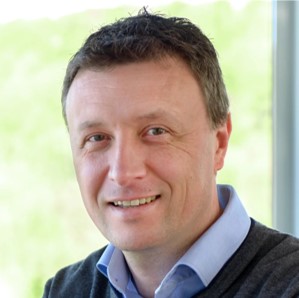
Patrick Cramer
Max Planck Institute for Multidisciplinary Sciences, Göttingen, Germany
Patrick Cramer studied chemistry at the Universities of Stuttgart and Heidelberg, Germany and was a research student at the Universities of Bristol and Cambridge, UK. He received a Diploma in chemistry in 1995 at the University of Heidelberg, and a doctorate at the University of Heidelberg/EMBL Grenoble (France) in 1998. After a postdoctoral fellowship at Stanford University, USA from 1999 to 2001, he joined the University of Munich, Germany, becoming Professor of biochemistry from 2004 to 2014. He was also Director of the Gene Center of the University of Munich (LMU) from 2004 to 2013. He has been a director at the Max Planck Institute of Biophysical Chemistry since 2014 and of Max Planck Institute for Multidisciplinary Sciences since 2022. His research focuses on structural mechanisms of gene transcription and multiomics analysis of genomic regulation. He currently serves as President of the Max Planck Society.
FEBS/EMBO Women in Science Award Lecture
RNA transport in a large polarized cell

Anne Ephrussi
European Molecular Biology Laboratory (EMBL), Heidelberg, Germany
Anne Ephrussi is a French-American molecular, cellular and developmental biologist. She is emerita of EMBL, as a former director, senior scientist and group leader. After an AB degree from Harvard University, and a PhD on the interaction of cellular factors with the mouse immunoglobulin heavy chain enhancer from the Massachusetts Institute of Technology (MIT), USA, she carried out postdoctoral research at Harvard University with Thomas Maniatis and then joined the group of Ruth Lehmann at the Whitehead Institute, USA, and MIT to study the maternal control of embryonic patterning. Following cloning of the Drosophila gene oskar and discovering that the transcript is localized to the posterior of the embryo, she demonstrated that oskar is positioned at the top of a hierarchy of genes responsible for germline formation. Ephrussi moved to EMBL in 1992 to set up her own research group, where she has provided insights into the structure and function of the Oskar protein, the establishment of cell polarity and the assembly of transport-competent RNA–protein complexes. She was head of the EMBL Developmental Biology Unit (2007–2021). Throughout her career, Ephrussi has been committed to training of scientists. As director of the EMBL International Centre for Advanced Training (2005–2023) she oversaw the PhD and postdoctoral fellow programmes, courses and conferences, as well as science education and public engagement activities. She also was dean of graduate studies of the EMBL International PhD Programme (1999–2008). Ephrussi received the Feldberg Prize (2022) and the Lifetime Achievement Award of the Society for Developmental Biology (2023). She is an elected member of EMBO, the French Academy of Sciences, the Academia Europaea and the US National Academy of Sciences. She served on numerous committees and advisory boards, and was a member of EMBO Council and the French Haut Conseil de la Science et de la Technologie.
Molecular Oncology Lecture
Loss of heterochromatin drives increased genome instability in aging and cancer
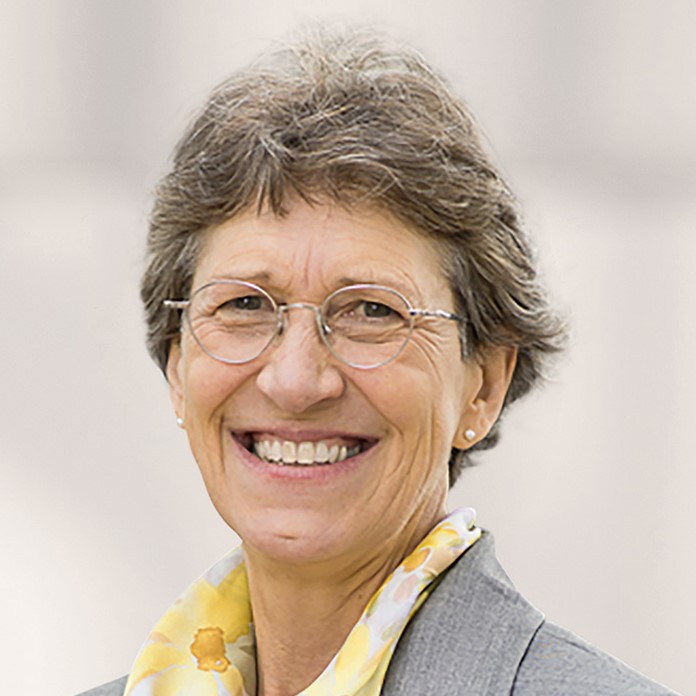
Susan Gasser
University of Lausanne, Switzerland
Susan Gasser completed her PhD in Biochemistry at the University of Basel, Switzerland. She began her independent career at the Swiss Institute for Experimental Cancer Research (ISREC) in Lausanne, followed by a professorship at the University of Geneva. From 2004 to 2019, she was the Director of the Friedrich Miescher Institute for Biomedical Research in Basel and Professor of Molecular Biology at the University of Basel. She is now professor invité at University of Lausanne and Director of the ISREC Foundation, where she helps shape the new Agora institute of translational cancer research. She is an expert in epigenetics and the role of heterochromatin in genome stability: her work has shown how both nuclear and chromatin context controls DNA repair.
FEBS 2024 Special Lecture and Q&A
The century of vision in protein biochemistry
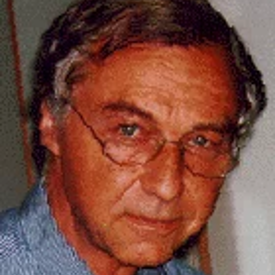
Robert Huber
Max-Planck-Institut für Biochemie, Martinsried, Technische Universität München and Universität Duisburg-Essen, Germany
Robert Huber studied chemistry at the Technische Universität München (TUM), Germany, where he also completed his PhD and habilitation. From 1972, he was a member of the Max-Planck-Gesellschaft and Director at the Max-Planck-Institut für Biochemie, Martinsried, Germany, until his retirement in 2005. He also serves at the TUM as Apl. Professor and is Guest Professor at the Universität Duisburg-Essen. He served as a member of the Board and/or Scientific Advisory Board of a number of universities and pharmaceutical and crop science companies. He is co-founder of the companies Proteros Biostructures (a provider of structure-based early-stage drug discovery services), Suppremol (which pioneered a novel approach for the treatment of autoimmune diseases), and QLi5 Therapeutics (a developer of a new class of proteasome inhibitors for cancer therapy). Huber has made major contributions to the understanding of the structure and function of biological macromolecules. He has studied proteases and their natural and synthetic inhibitors, metalloenzymes, proteins of the immune system, protein hormones and their receptors, protein kinases, enzymes of amino acid biosynthesis, enzymes of cofactor and vitamin biosynthesis and proteins of energy and electron transfer. In addition, he has contributed to the development of instruments for data collection and to methods in protein crystallography, particularly Patterson methods, graphic methods, and structure refinement, and to methods and instruments for protein crystal improvement. He has been honoured by numerous honorary doctorates, professorships, memberships in learned societies and awards, including the Nobel Prize for Chemistry in 1988, shared with H. Michel and J. Deisenhofer.
PABMB Lecture
New molecular and cellular insights in cardiovascular diseases
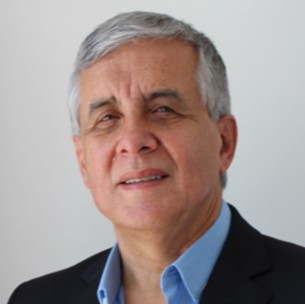
Sergio Lavandero
Universidad de Chile, Santiago, Chile
Sergio Lavandero is a Full Professor at the Faculty of Chemical and Pharmaceutical Sciences and the Faculty of Medicine of Universidad de Chile, Adjunct Professor at the University of Texas Southwestern Medical Center (Dallas, USA) and director and Principal Investigator of the "Advanced Center for Chronic Diseases" (ACCDiS), the first Chilean Center of Excellence for the study of chronic diseases. Lavandero was awarded the (Chilean) National Prize in Natural Sciences 2022 for his pioneering research on cardiovascular diseases. He obtained his PhD in Biochemistry from Universidad de Chile, and completed further training at the Imperial College of Science, Technology & Medicine (UK), Erasmus Universitat (the Netherlands), NIH (USA), St Vincent's Hospital, Research Cardiovascular Center (Australia) and the UT Southwestern Medical Center (USA). He investigates the communication systems that control various normal cellular functions and their alterations that lead to the genesis and development of cardiovascular diseases. He has published 328 articles in indexed international journals with an editorial committee, 5 book chapters, and 5 patents, and his H-index and citations are 65 and 21,604, respectively (ISI-Web Sci). He is the current Vice-President and member of the Chilean Academy of Sciences (2018–) and a fellow of the International Society for Heart Research (2022) and the International Union for Physiological Sciences Academy (2023). He is an Associate Editor in Circulation and a member of the editorial committees of several other journals.
IUBMB Lecture
Looking under the hood of cells: from whole cell organelle reconstructions to single molecule dynamics to atomic reconstructions of macromolecules
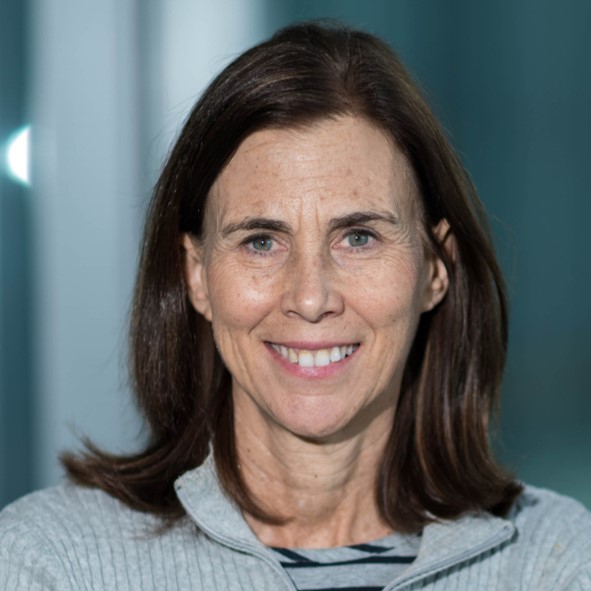
Jennifer Lippincott-Schwartz
Howard Hughes Medical Institute, Ashburn, VA, USA
Jennifer Lippincott-Schwartz is a Senior Group Leader at the Howard Hughes Medical Institute’s Janelia Research Campus and Head of the Research Program on 4D Cellular Physiology. Lippincott-Schwartz has pioneered the use of green fluorescent protein technology for quantitative analysis and modelling of intracellular protein traffic and organelle dynamics in live cells. Her innovative techniques to label, image, quantify and model specific live cell protein populations and track their fate have provided vital tools used throughout the research community. Her findings using these techniques have reshaped thinking about the biogenesis, function, targeting, and maintenance of various subcellular organelles and macromolecular complexes and their crosstalk with regulators of the cell cycle, metabolism, aging, and cell fate determination. She is an elected member of the National Academy of Sciences, the National Academy of Medicine, the American Society of Arts and Sciences, and the European Molecular Biology Organization. She co-authored the textbook Cell Biology and was President of the American Society of Cell Biology. Lippincott-Schwartz attended Swarthmore College, received her MS from Stanford University, and obtained her PhD in Biochemistry from Johns Hopkins University.
FEBS Sir Hans Krebs Lecture
Innate immunity and inflammation: from molecules to cancer and COVID-19

Alberto Mantovani
Humanitas University, Milano, Italy
Alberto Mantovani, MD, is Emeritus Professor of Pathology at the Humanitas University in Milano, Scientific Director of the Istituto Clinico Humanitas, and Chair of Inflammation and Therapeutic Innovation, William Harvey Research Institute, Queen Mary University, London, UK. His attention has been focused on molecular mechanisms of innate immunity and inflammation and on the role in the tumor microenvironment and cancer progression of tumor-associated macrophages (TAMs). He has contributed to the advancement of knowledge in the field of immunology, formulating new paradigms and identifying new molecules and functions. More recently he focused on COVID-19, contributing to the identification of genetic associations and of a novel severity biomarker. For his research activity he has received several national and international awards. The broad impact of his contributions is testified by citations: as of November 2023, he has over 166,000 citations and an H-index of 183 (Scopus).
FEBS Theodor Bücher Lecture
Initiation of translation by the ribosome
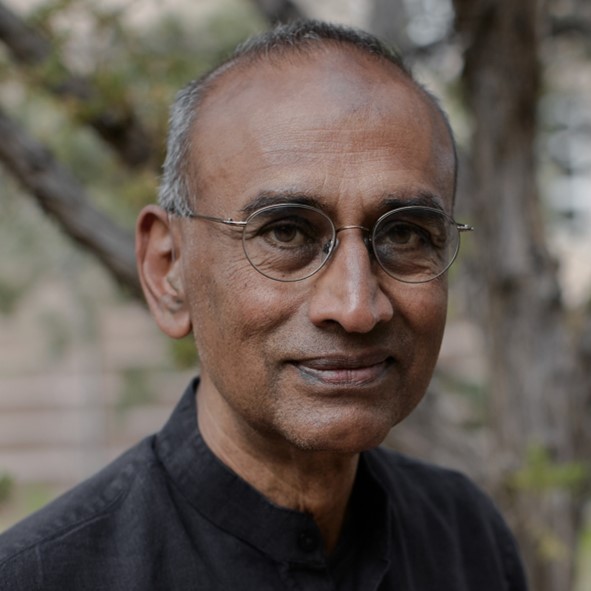
Venki Ramakrishnan
MRC Laboratory of Molecular Biology, Cambridge, UK
Venki Ramakrishnan is on the scientific staff of the MRC Laboratory of Molecular Biology in Cambridge, UK. He has a long-standing interest in ribosome structure and function. In 2000, his laboratory determined the atomic structure of the 30S ribosomal subunit and its complexes with ligands and antibiotics. This work led to insights into how the ribosome 'reads' the genetic code accurately, as well as into various aspects of antibiotic function. Over the last 20 years, Ramakrishan’s lab has determined the high-resolution structures of functional complexes of the entire ribosome at various stages along the translational pathway, which has led to insights into its role in protein synthesis during decoding, peptidyl transfer, translocation and termination. In the last decade, his lab has been applying cryoelectron microscopy to study eukaryotic and mitochondrial translation, particularly initiation of translation and its regulation. Ramakrishnan is the author of Gene Machine, a very frank popular memoir about the race for the structure of the ribosome, and is currently working on a popular book about the biology of aging and death.
FEBS Letters Lecture
Signaling through the ubiquitin-proteasome system
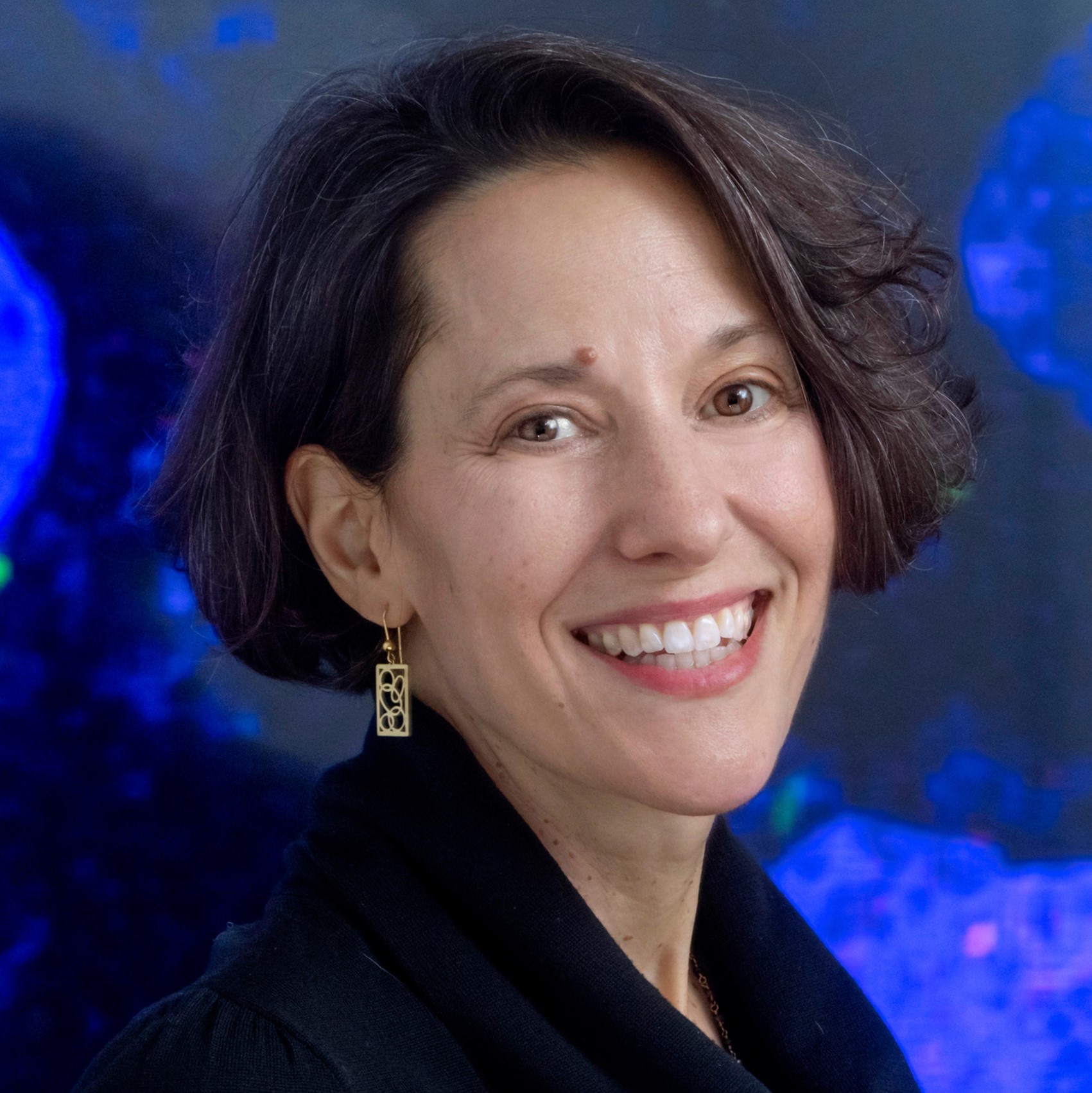
Brenda Schulman
Max Planck Institute of Biochemistry, Martinsried, Germany
Brenda Schulman is a Director at the Max Planck Institute of Biochemistry, an Hon. Professor at Technical University of Munich, Germany and adjunct faculty at St. Jude Children’s Research Hospital, Memphis, USA. After obtaining her PhD from MIT and postdoctoral fellowships at MGH Cancer Center and Memorial Sloan-Kettering Cancer Center, USA she began her independent career at St. Jude in 2001, where she was an HHMI Investigator until she moved full-time to the Max Planck Institute of Biochemistry in 2017. Schulman's research group takes a multidisciplinary approach to mechanistically dissect signaling by the ubiquitin-proteasome system. Ubiquitylation is a major eukaryotic post-translational modification that directs proteins for degradation by the proteasome. Regulation depends on hundreds of distinct E3 ligases, which ubiquitylate particular proteins in response to specific signals. Defects in E3 ligase pathways cause or contribute to pathologies across eukaryotes, including human diseases such as cancers, neurodegenerative disorders, and viral infections. Meanwhile, harnessing the ubiquitin-proteasome system to degrade disease-causing proteins is an exciting opportunity for developing novel therapies. Schulman's lab structurally visualizes transient ubiquitylation complexes trapped in action, biochemically reconstitutes signaling pathways, develops chemical and affinity tools to probe ubiquitin signaling, and employs cell biology to investigate how ubiquitylation mediates regulation. Schulman has received a number of awards, including ERC Advanced Grants, Louis-Jeantet Prize for Medicine , the Gottfried Wilhelm Leibniz Prize, and an Ernst Jung Prize for Medicine. Schulman is a member of the American Academy of Arts and Sciences, the National Academy of Sciences (USA), EMBO, and Leopoldina.
FEBS Open Bio Lecture
Membrane lipids and neural cell signaling: the role of gangliosides
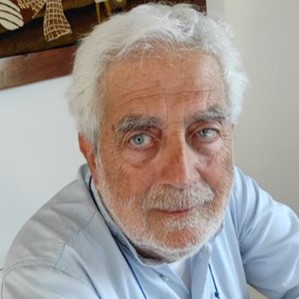
Sandro Sonnino
University of Milano, Italy
Sandro Sonnino, started his career in 1972 in the field of complex membrane lipids, first as a young scientist and then as an associated professor. From 1990, he was full professor of Biochemistry at the Medical School of the University of Milano. From 2020 he is associated with the Department of Medical Biotechnology and Translational Medicine at the university. His scientific research has been particularly directed towards the understanding of the relationships between the structure and function of complex lipids that are components of cell membranes, and the role of plasma membranes in neuronal degeneration and cancer. In particular, using normal and pathological tissues/cells he studied the primary structure of isolated gangliosides and glycosphingolipids, the conformational, dynamic, geometrical and aggregative properties of the main gangliosides from the nervous system, the role of gangliosides in the organization of sphingolipid-enriched membrane domains, the interaction processes between gangliosides and soluble or membrane proteins, the metabolism of gangliosides, the role of gangliosides in cell signalling, and the role of plasma membrane glycohydrolases in modulating cell physiology. In recent years, the main studies were on the role of ganglioside GM1 in the physiopathology of neuronal degeneration and on the use of GM1 ganglioside derivatives for the treatment of Parkinson’s disease.
FEBS 2024 Special Lecture
The rotary mechanism of ATP synthase; how it is regulated and influences the assembly of the enzyme
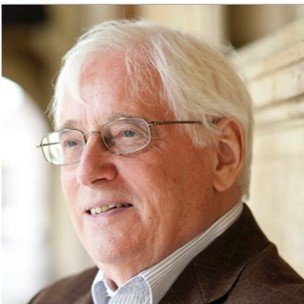
John Walker
MRC Mitochondrial Biology Unit, University of Cambridge, UK
John Walker’s work on the ATP synthase in mitochondria showed that the energy provided by the oxidation of dietary sugars and fats is coupled by a mechanical rotary mechanism to the generation of the 50 kg of ATP that each of us makes daily to sustain our lives, recognized by the 1997 Nobel Prize in Chemistry. In 2021, he described the mechanism of the generation of rotation in ATP synthase from the transmembrane proton motive force. Currently, he studies the assembly of human ATP synthase. Earlier, in human mitochondrial DNA, he identified three of the 13 encoded proteins, proved the presence of overlapping genes and defined non-canonical codons. He established the subunit composition of respiratory complex I, and sequenced its 38 nuclear-encoded proteins. He defined the features of the family of mitochondrial transport proteins, and helped to identify the biochemical functions of 15 members. He discovered the two eponymous protein sequence motifs involved in binding nucleotides in a wide range of proteins. From 1998 to 2013, he was Director of the MRC Dunn Human Nutrition Unit in Cambridge, UK, which in 2008 became the MRC Mitochondrial Biology Unit (where is now Director Emeritus). He is a Fellow of The Royal Society; a Fellow of the Academy of Medical Sciences; a Foreign Member of L’Accademia Nazionale dei Lincei, the Royal Netherlands Academy of Arts and Sciences, and The Royal Society of New Zealand; a Foreign Associate of the US National Academy of Sciences; and recipient of 16 honorary doctorates.



